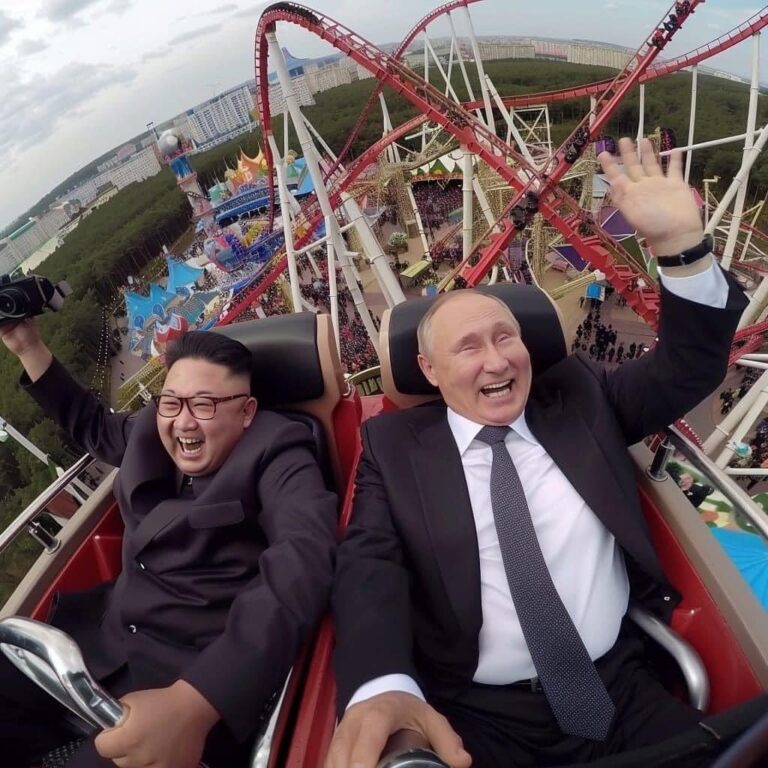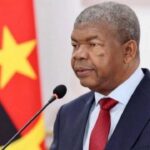The growing cooperation between Russia and North Korea, especially the potential deployment of North Korean troops to Ukraine, challenges the United States on two different fronts: Ukraine and the Asia-Pacific, specifically the Korean Peninsula. This alliance underscores a Kremlin strategy to strain U.S. resources and attention across these strategically significant regions.
In this context, the recent unofficial visit of Russian nuclear submarines to Cuba, indicating Moscow’s intent to challenge Washington within the U.S. sphere, indicating a consistent pattern of provocative manoeuvres that aim to test both the White House’s determination and ability to address numerous threats concurrently.
The defence agreement between Russia and North Korea, entailing mutual assistance, acts as a deterrent for Pyongyang against Seoul and its allies, particularly Washington. While it could be speculative, the potential deployment of North Korean troops to Ukraine would represent a significant step up and a broader coalition in opposition to Western influence.
The Russian-North Korean alliance complicates the situation in the Korean Peninsula, potentially causing instability in the region and requiring the U.S. to allocate more attention and resources to the Asia-Pacific.




